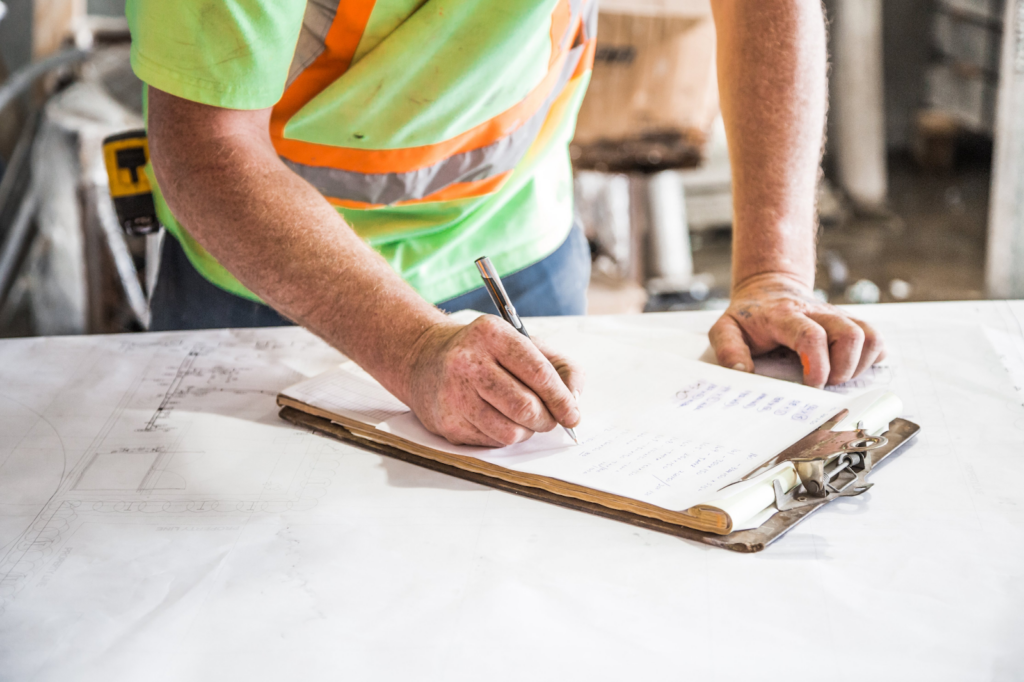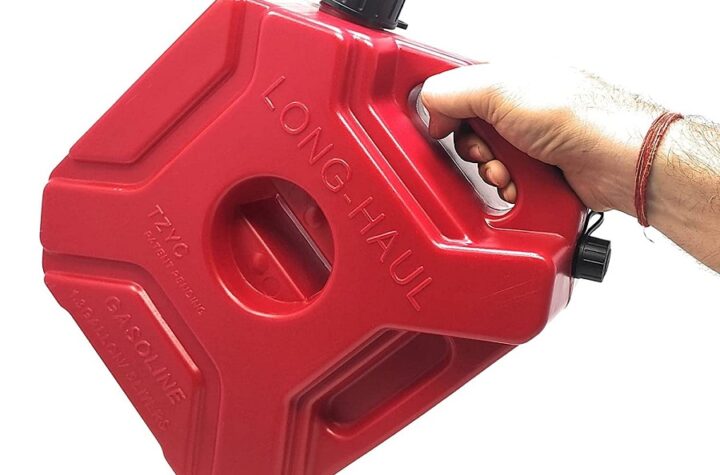
Investing in real estate is a significant financial commitment, whether you’re purchasing residential, commercial, or industrial properties. One of the most crucial steps in securing a wise investment is conducting a thorough Property Condition Assessment (PCA). This evaluation provides an in-depth analysis of the property’s current state, identifying any existing or potential issues that could impact its value or safety. Here’s why a Property Condition Assessment is an essential part of protecting your investment.
Understanding the Importance of a Property Condition Assessment
A Property Condition Assessment is a comprehensive evaluation of a building’s physical condition, covering various elements such as the structure, mechanical systems, and environmental concerns. The PCA is typically conducted by a professional inspector who can assess the property’s foundation, roofing, HVAC systems, electrical, plumbing, and more. This process ensures that all aspects of the property are thoroughly examined, helping you avoid unexpected expenses and issues that could arise in the future.
The main goal of a PCA is to identify any current problems and forecast potential repairs or maintenance needs. The findings from the assessment can influence your purchasing decision, allowing you to negotiate better terms or avoid properties that may require significant financial investment in the near future.
Risk Mitigation and Cost Savings
One of the primary benefits of conducting a Property Condition Assessment is the mitigation of future risks. Without a PCA, you may unknowingly purchase a property that needs costly repairs, such as structural damage, outdated electrical systems, or failing plumbing. These issues, if left unnoticed, could lead to significant financial setbacks and may even affect the property’s safety or habitability.
A Property Condition Assessment provides you with a detailed report that highlights immediate repairs, routine maintenance needs, and potential risks. This information helps you plan for future expenses, allocate resources more effectively, and avoid surprise costs that can drain your budget. Ultimately, this proactive approach allows you to make informed decisions, ensuring that your investment remains financially viable in the long term.
Compliance and Legal Protection
In addition to identifying hidden issues, a Property Condition Assessment helps ensure that the property complies with local building codes and regulations. Regulatory non-compliance can lead to fines, legal complications, or even the need for costly renovations to meet the required standards. A PCA helps identify any code violations or areas that may require updates to remain compliant.
For commercial properties, the importance of legal protection is even more pronounced. A thorough PCA ensures that your property adheres to health and safety regulations, such as ADA compliance and fire safety standards. These assessments are essential for avoiding future legal disputes and ensuring that your investment meets all necessary guidelines.
Negotiating Power for Buyers
For property buyers, a Property Condition Assessment can serve as a powerful negotiating tool. If the assessment uncovers areas that require immediate attention or long-term maintenance, buyers can use the findings to negotiate a lower purchase price or request that the seller address the issues before the deal is finalized. In some cases, the seller may be willing to lower the price or offer credits to cover the cost of repairs, protecting your investment from day one.
For investors, this information can also help create a roadmap for future renovations or improvements. With a clearer understanding of the property’s needs, you can prioritize repairs that will enhance its value and overall appeal, leading to better long-term returns.
Enhancing Property Longevity
Another reason a Property Condition Assessment is crucial is its role in preserving the property’s longevity. Regular maintenance and early identification of issues extend the lifespan of major components such as the roof, foundation, HVAC systems, and plumbing. By addressing minor problems promptly, you can avoid more extensive and costly repairs down the road. Additionally, a PCA can highlight areas that may need upgrading to improve energy efficiency, leading to lower operating costs and a more sustainable property.
Conclusion
A Property Condition Assessment is a vital tool in protecting your real estate investment. By identifying existing and potential issues, ensuring compliance with regulations, and providing valuable negotiation leverage, a PCA helps safeguard your investment and ensures long-term financial stability. Whether you are a first-time homebuyer or a seasoned real estate investor, conducting a thorough Property Condition Assessment is an essential step in making an informed and secure investment.




